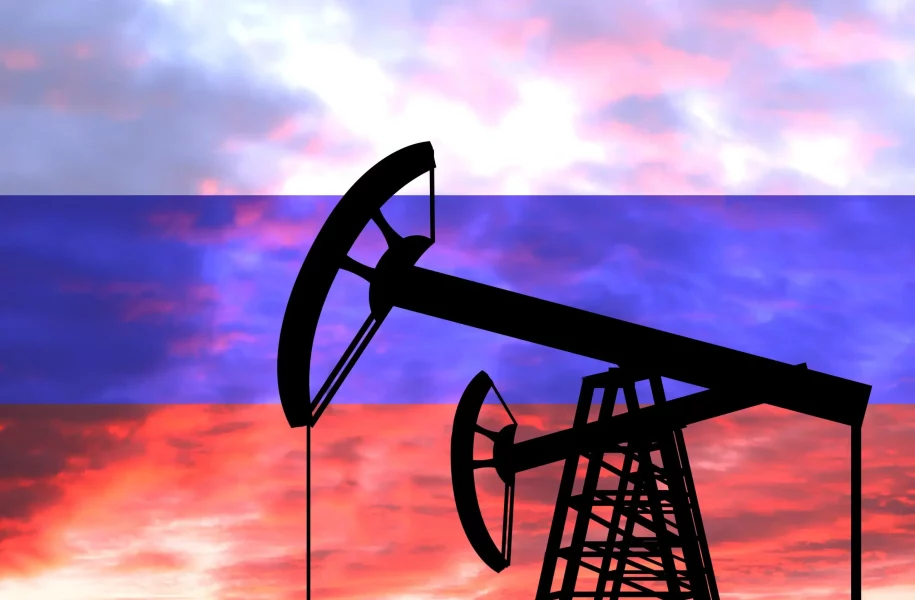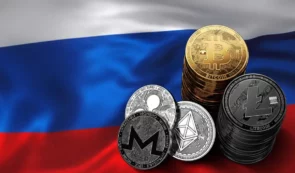Running on Empty: Russia’s Fuel Price Predicament

In recent years, Russia's government has become more deeply involved in its energy markets, leading to a convoluted system for regulating domestic fuel prices.
The war in Ukraine has highlighted the system’s inadequacy, and the government’s technocratic approach has proven ineffective.
Diesel and gasoline prices in Russia have surged recently, causing severe shortages in some areas. To address this crisis, the government initially banned the export of all petroleum products, which was later partially eased. This situation exposed mounting issues within Russia’s economy and governance.
How could a major oil-producing nation like Russia suffer a fuel shortage? This is partly due to efforts to shield domestic fuel prices from market fluctuations and government infighting. It also underscores the broader impact of the Ukraine conflict on unexpected sectors of the economy.
Russia has long aimed to maintain both a semblance of a free market for petroleum products and price regulation to insulate them from global volatility. This dual approach is intended to prevent sudden gasoline price spikes and keep consumers content. However, artificially low prices have led to high energy consumption, becoming increasingly difficult and costly to sustain, leaving the economy susceptible to fuel price fluctuations.
The system has faced challenges from market forces, requiring quick fixes. While it survived currency instability and soaring global oil prices in 2022 due to Western sanctions, by 2023, oil companies had adapted, global prices had risen, and the ruble had weakened, creating a widening gap between domestic and global prices.
READ MORE: Coinbase Director Uncovers Alarming Tether Activity at FTX
Changing consumption patterns, driven by military needs and logistical challenges, exacerbated the shortage. Additionally, the Finance Ministry’s reduction of “dampener payments” to oil companies caused them to operate at a loss, further straining the situation.
Efforts to persuade oil companies to operate at a loss failed, and the government’s decision to ban all diesel and gasoline exports had significant financial and reputational consequences.
The export ban was desperate, aiming to demonstrate decisive action and shift negotiation dynamics with oil companies. As the government’s role in Russian energy markets expands and the regulatory system for domestic fuel prices becomes more complex and vulnerable, there is little room for maneuver and no potential for policy reversal.
















